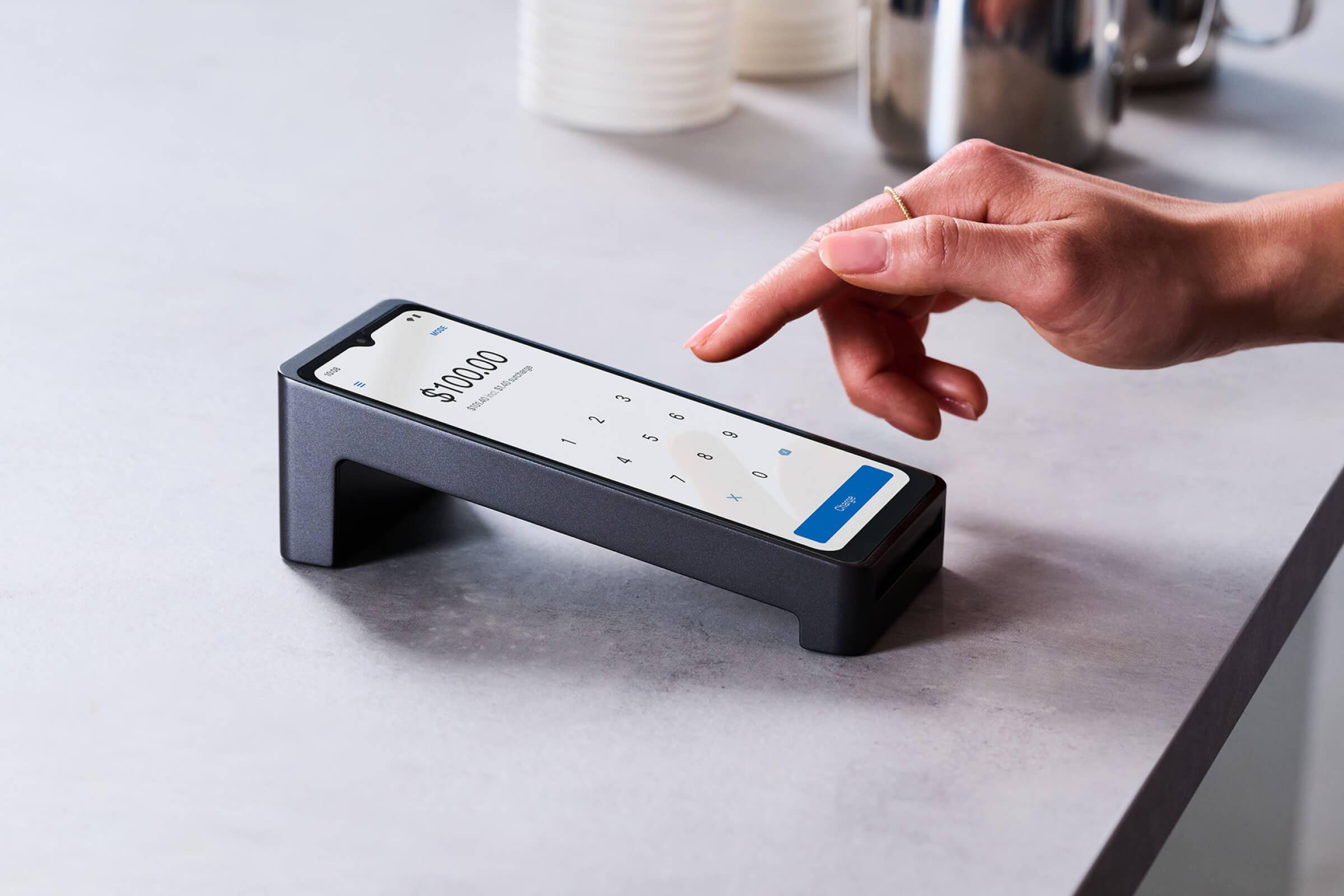Introducing Zeller for Startups.
Don’t waste time assembling disparate tools or waiting in line at a bank. Zeller for Startups is an all-in-one financial solution for founders, by founders.
25.07.2023 Payments

An EFTPOS transaction fee refers to the amount a business is required to pay whenever it processes a card payment with an EFTPOS terminal. With most traditional providers, the fee you pay will vary depending on what type of card a customer uses and will usually be charged as a percentage of the transaction value. Transaction fees, however, are just half of the picture. There can be plenty of other costs associated with EFTPOS, and it pays to understand these before you get started.
“When we started 18 years ago… about 15 to 20% of our turnover came through EFTPOS. Now it's more like 85-90%... In that time the big banks have not adjusted their processes in any way."
Kirsten Pitman, Nino's of Victor Harbor, SA – Zeller customer
Kirsten and Malcolm are just some of the thousands of business owners who have cottoned on to the fact that, by virtue of the increased volume of card users, the banks’ EFTPOS transaction fees and costs have become extortionate, despite there being no material improvement in the service provided. Whether you’re planning for your new business or are shopping for a better deal, it’s important to understand the terminology, and how the fees are calculated so you don’t get caught out later.

During COVID, 95-96% of our sales were coming through EFTPOS, but we were not getting any relief from the banks... Our merchant fees came to $28,000 that year. It was just out of control.
Malcolm McCullough, Bill’s Farm, Queen Victoria Market, Melbourne – Zeller customer

In Australia, it is legal to pass the cost of your EFTPOS transaction fees onto your customer. This process of surcharging is referred to as 'zero-cost EFTPOS'. While it's gaining widespread popularity among business owners, it's important you understand how it works, because charging more than what you pay in transaction fees can get your business into trouble.
With a bank-provided EFTPOS machine, surcharging requires the merchant to calculate their own surcharge rate. Legally, the rate needs to be set at the average acceptance cost of the lowest card system. For instance, your surcharge fee might need to be set at 1% — even if the bank charges you 2.6% to accept American Express cards. It’s important to take this seriously as the Australian Competition and Consumer Commission (ACCC) may take action against any merchant whose card surcharge exceeds its ‘cost of acceptance’ (that is, the amount it costs you to accept a payment from a particular type of card). Having a complicated fee schedule makes it very difficult to work out the correct rate to surcharge at, especially if you are running a new business with no history of EFTPOS transactions to base your decision off.
Thanks to Zeller’s flat rate applied to all cards, surcharging is simple. Business owners have the flexibility to toggle surcharging on or off — as and when it suits their business — and to choose to pass on the entire EFTPOS transaction fee, or just a fraction. With surcharging enabled, your Zeller Terminal will automatically apply a surcharge to every transaction total, no calculation required.
Read our blog to find out whether surcharging is right for your business.
When figuring out what EFTPOS terminal is right for your business, it’s important not to simplify the decision down to transaction fees alone. The bank charges associated with setting up the service, connecting your POS, renting the terminal and paying for additional fees for refunds or receipt rolls can end up costing you much more than you think in the long run. Additionally, complex transaction fees that vary depending on each customer’s card makes surcharging a complicated, and stressful, experience.
The way people are paying has evolved, so it’s time your EFTPOS process did too. Join the thousands of Australian businesses simplifying their transactions and saving money with Zeller.
